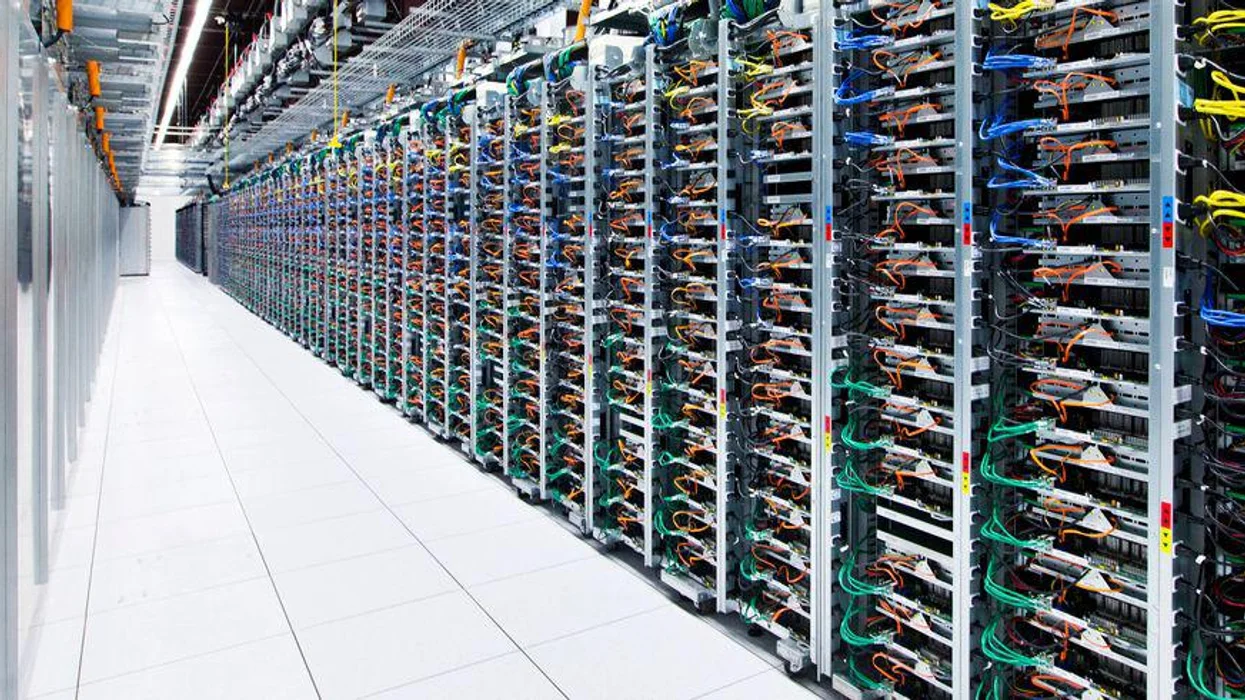Both Geelong and Ballarat, as regional cities in Victoria, Australia, have the potential to become centers for data center development, albeit with certain considerations and challenges.
- Geographic Location: Geelong and Ballarat are strategically located within close proximity to Melbourne, the capital city of Victoria. This proximity provides access to Melbourne’s robust telecommunications infrastructure, including high-speed internet connectivity and a network of fiber-optic cables. Being within a reasonable distance from Melbourne also ensures connectivity to major domestic and international markets, making these regional cities attractive locations for data center development.
- Lower Operating Costs: Compared to metropolitan areas like Melbourne, Geelong and Ballarat offer lower operating costs, including land and labor expenses. This cost advantage can make data center development more economically viable, particularly for businesses seeking to reduce operational expenses without compromising on connectivity or reliability.
- Supportive Government Initiatives: The Victorian government has shown a commitment to promoting regional development and investment through various initiatives and incentives. This includes infrastructure funding, tax incentives, and grants aimed at attracting businesses to regional areas and stimulating economic growth. Leveraging these government initiatives, Geelong and Ballarat could position themselves as attractive destinations for data center investment.
- Availability of Skilled Workforce: Geelong and Ballarat benefit from a skilled workforce, with strong education and training institutions in the region producing graduates in fields such as IT, engineering, and telecommunications. This pool of talent can support the development and operation of data centers, providing expertise in areas such as network management, data security, and infrastructure maintenance.
- Renewable Energy Potential: Both Geelong and Ballarat are situated in regions with abundant renewable energy resources, including wind and solar power. Leveraging these renewable energy sources can help data centers in these areas reduce their carbon footprint and energy costs while promoting sustainability and environmental responsibility.
- Community Support: The local communities in Geelong and Ballarat may welcome data center development as a means of boosting economic growth, creating job opportunities, and attracting investment to the region. Engaging with community stakeholders and addressing any concerns related to environmental impact, land use, and infrastructure development will be important for gaining community support and ensuring successful project implementation.
However, there are also challenges that need to be addressed for Geelong and Ballarat to become centers for data center development:
- Connectivity and Infrastructure: While Geelong and Ballarat benefit from proximity to Melbourne’s telecommunications infrastructure, ensuring robust connectivity and access to high-speed internet remains essential for data center operations. Investments may be needed to upgrade and expand existing infrastructure to meet the requirements of data center development.
- Regulatory Considerations: Data center development in regional areas may be subject to regulatory considerations and planning approvals, including zoning regulations, environmental assessments, and compliance with building codes. Navigating the regulatory landscape and obtaining necessary permits can add complexity and time to the development process.
- Risk Management: Regional areas may face unique risks, such as extreme weather events, bushfires, or flooding, which could impact the reliability and resilience of data center operations. Implementing risk management strategies, including disaster recovery plans, backup power systems, and physical security measures, will be important for mitigating these risks and ensuring business continuity.
In conclusion, while Geelong and Ballarat have the potential to become centers for data center development, realizing this potential will require addressing challenges related to connectivity, infrastructure, regulatory compliance, and risk management. By leveraging their strategic advantages, including geographic location, lower operating costs, skilled workforce, and renewable energy potential, these regional cities can position themselves as attractive destinations for data center investment and contribute to the growth of Australia’s digital economy.
